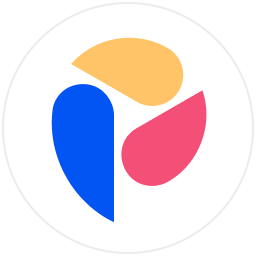Introduction:
Hello Pigmenteers! I’m Robert Schimm (
You can see Robert’s full interview here:
You’ve had a long career in finance. Can you tell us about your journey?
My career began with an internship at Oracle on their M&A integration finance team, which gave me a foothold into the industry I wanted to join and eventually turned it into a full-time role. I then moved to Salesforce, where I worked in sales finance for nearly four years.
In 2019, I joined Zoom shortly after their IPO and just before the pandemic. It was an extraordinary experience to be part of the company during a period of unprecedented growth, with all the ups and downs and the unique challenges of trying to scale a business almost overnight. After three years, I joined Figma as one of the earliest members of the corporate finance team, helping to build the function from the ground up.
One of the highlights of my time at Figma has been recently getting to IPO. Being on the floor of the New York Stock Exchange and knowing the systems and processes we built were instrumental in getting us there was an incredible company moment
What’s the best thing about working in finance?
I love the combination of the numerical side with the storytelling side. I believe in being data-driven to guide company decisions. Finance plays a key role in driving durable growth and ensuring resources are allocated efficiently. We can use the numbers to see where expenses are high or low and where to invest more.
I enjoy the forecasting side, aiming for accuracy by factoring in historical data and trends, and then using that to shape strategic decisions. Finance is uniquely positioned to serve as an objective third party, backing recommendations with solid numbers.
At Figma, I have also discovered the satisfaction of building, creating forecasts, processes, and tools from scratch and seeing them used every day by the team
Looking back, how would you approach learning Pigment if you had to start over?
Invest deeply in mastering the platform. The Pigment Academy is an excellent starting point and much more robust now than when I first used it. Pair this with hands-on practice by building smaller, low-risk projects to learn the environment and features.
The more technical skill you have, the more effective you will be in your role and the more valuable you will be to your team. Having a strong grasp of Pigment also allows you to advocate for automation and smarter processes across the business




